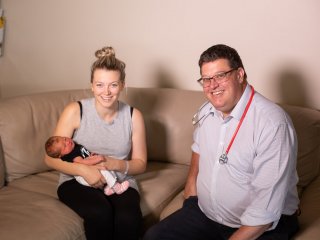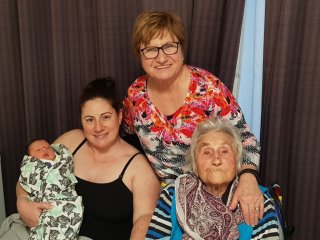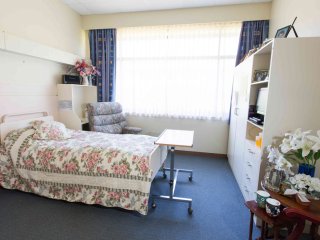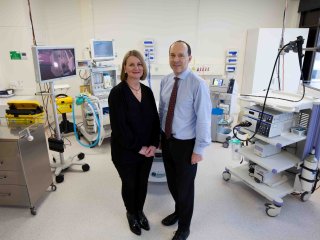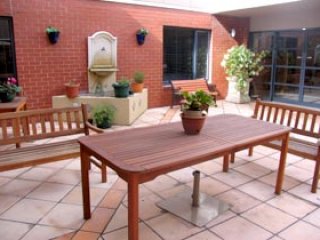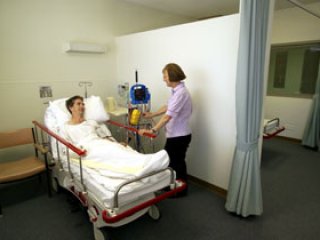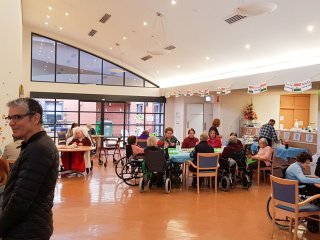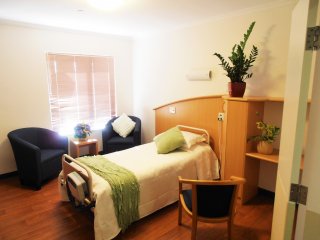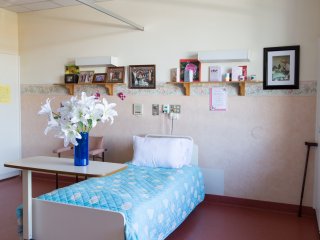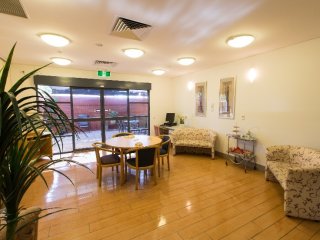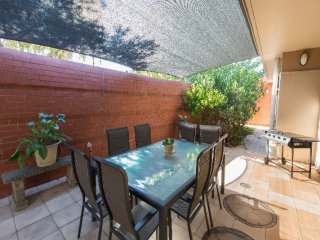What You Need To Know.
Aged Care Homes
As you grow older, you may find that you need more help with day-to-day tasks or health care. If you are living on your own and not able to get out and about as easily as you used to, you may also want some extra company. Sometimes the best way to receive help and support can be by living in an aged care home either on a permanent basis or for a short stay (called ‘residential respite’).
You may need help because of an illness, a disability, an emergency, or because of the needs of your carer, family or friends. Staff in aged care homes can assist you with day-to-day tasks and personal care needs on a 24 hour basis.
High Level Aged Care homes are owned and managed by people who are approved by the Australian Government to care for you. The aged care system in Australia aims to ensure that all older people can receive support and quality care when they need it.
Considering and deciding to move into an aged care home is often a time of stress, high emotion, a longing for the past and uncertainty about the future. It is a challenging and emotional decision for the person moving and their family, friends and carers.
Living in an aged care home is quite different. There will be new routines, new environments and new people, all living together under one roof. You will receive assistance with many of the day-to-day tasks that you’ve been used to doing for yourself and there will be plenty of social activities going on in your new home.
High Level Residential Care
North Eastern Community Hospital Inc. provides high level care 24 hours a day.
What types of services are available?
- Personal care to help you with dressing,eating,going to the toilet,bathing,moving around and maintaining continence.
- Allied health services such as physiotherapy (exercise, mobility, strength and balance), recreational therapy and podiatry care
- Accommodation
- Furnishings
- Bedding
- Cleaning services
- General laundry
- Meals and refreshments
- Staff to help you in an emergency situation
You will be given assistance if you need:
- Emotional support
- Rehabilitation support
- Recreational activities
- Help communicating with other people
- Help if you have memory loss or you are confused
You will also be given the following you need:
- Aids, such as a walking frame, to help you move around
- Aids to help you to use the toilet and manage incontinence
- Basic medical and pharmaceutical supplies and equipment
- Help with medications
- Short term oxygen
- Basic toiletries
Aged Care choices are complex. Making the wrong decisions can come at a high price both emotionally and financially.
Whether you are considering aged care for yourself, a parent, and partner or loved one the decisions you face can seem overwhelming. This information is designed to provide you with answers to the most commonly asked questions and point you in the direction of some valuable resources to help you avoid some of the potential pitfalls.
Some of the important financial decisions people are faced with are often highly emotional too, for example whether to keep or sell the family home. In deciding what is the right choice you need to consider a range of factors that include; the ability to access the care you want, whether or not care will be affordable, the impact on pension entitlement, different aged care costs, potential tax consequences and the effect on estate planning.
As you will see, financial arrangements vary widely and need to be considered in light of your own financial circumstances. There is no substitute for quality financial advice from an Aged Care Specialist.
Accessing Aged Care
Prior to accessing most aged care services you will require an assessment of your care needs
The team of people responsible for this are known as the ACAT (Aged Care Assessment Team). The ACAT, made up of doctors, nurses, social workers and therapists, determine the care services that you are eligible to receive and provide this to you in writing. You should keep this record in a safe place as you will need it to access Community Aged Care Packages (CACP’s) and Extended Aged Care at Home (EACH) packages, respite as well as permanent entry to an aged care facility.
The ACAT assessment is free of charge and can be carried out in your own home, in hospital or at the ACAT offices.
Many people are referred to ACAT by their doctor but you are free to make direct contact with ACAT yourself. Rest assured that the ACAT interview process is a relatively easy one and the team’s objective is to help you. Be aware that in some cases you could be waiting several weeks to get an appointment for the assessment to be carried out so it is best to book in advance.
Commonwealth Carelink Centres can help put you in contact with your local ACAT team.
Contact Commonwealth Carelink Centres on 1800 052 222
Additional information can be obtained from:
My Aged Care – acat assessment




